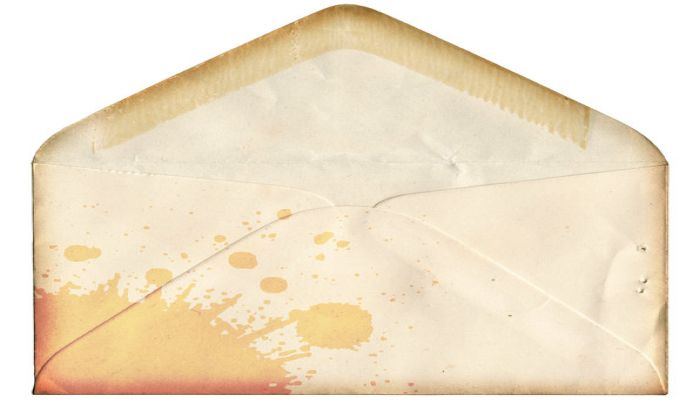 Recently my e-mail in-box was graced with the worst sales letter I’ve ever received:
Recently my e-mail in-box was graced with the worst sales letter I’ve ever received:
Subject: Referral please – company contact
Dear Don:
I am hoping you would direct me to the right people within your organization to speak with. I have recently been assigned your organization as one of my named accounts. Thus, it is important for me to be able to speak with those who are responsible for a) lead-generation, b) demand-creation, c) sales support and d ) marketing programs. I would sincerely appreciate it if you would forward my letter to them or perhaps write me and give me the proper names.
I was recently hired and am very excited about my new job. I want to be able to dazzle my management with my ability to proactively get in touch with the right people. Thus, I have been doing a great deal of research on the web, going through Linked In, Google +, Xing and other similiar sites.
Over the past twenty years my company has worked with Intel, HP, Oracle, Microsoft, AT&T, Sprint, T-Mobile, Google, Apple, Yahoo and hundreds of other Tier-1 firms. We provide a wide variety of services surrounding sales and marketing. If you have the time please give me a call to discuss same at 512.377.XXXX.
How bad is this letter? Let me count the ways:
1. There are 18 first-person references (I, me, my) and only five second-person references (you, your). That’s nearly a 4-1 ratio, and the opposite of what it should be. Because a good sales letter focuses on the prospect’s wants, needs, goals and concerns.
2. There’s no mention of benefits or results. Why should I be interested?
3. It dwells on what he wants and what’s important to him. I don’t care what he wants! I don’t even know him!
4. He’s asking me to do his job for him. Like I have time for that.
5. He states, “I was recently hired…” Which means he probably doesn’t know what the hell he’s doing and can’t answer my questions. There goes his credibility down the toilet.
6. He’s lying. He hasn’t done any research on me. If he had, he would know I’m the person to talk to. He would also know something about me, which he would mention in the letter. Since he’s lying, clearly he—and his company—cannot be trusted.
7. It’s spam. Ironically, what gives it away is the disclaimer at the end: “If you’ve received this letter in error, simply respond to the letter and put remove in the subject or click on the following link…”
8. The word “similar” is spelled wrong.
A great sales letter gets the reader’s attention, engages them with good questions, provides enough information to whet their appetite for more and closes with a simple yet powerful call to action. A terrible sales letter wastes everyone’s time and makes the company look bad. Which do your sales letters more closely resemble?

Leave a comment